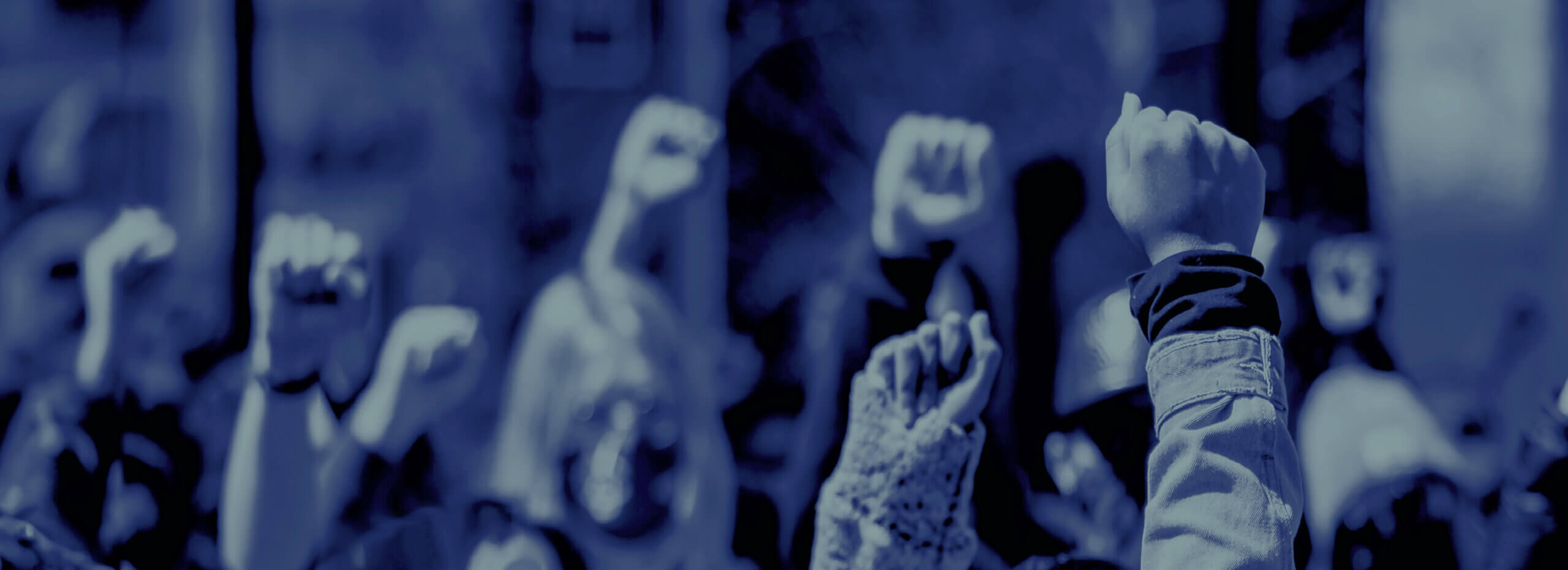
By Claudia Bennett
Louis Vuitton is set to hold its first-ever fashion show this week in Hong Kong, headed by artist-turned-creative director Pharrell Williams. While the high-profile event is positioned as the catalyst to restore Hong Kong’s image as a global destination for luxury shopping and revive tourism, the event will only further whitewash the city of Hong Kong as a haven for luxury goods rather than a fortress of democracy against the Chinese Communist Party’s (CCP) authoritarianism.
This fashion show is one of the most anticipated of the year as Hong Kong developers eagerly await the cash tourists will bring upon their triumphant return following the 2019 pro-democracy protests and the 2020 COVID-19 pandemic in 2020. Even now, those flocking to Hong Kong are a fraction of the city’s pre-pandemic foot traffic at less than half. Meanwhile, the fashion world is eagerly awaiting the designs and lineup for Pharrell’s second show as creative director.
His debut show, which took place at Pont Neuf, the oldest bridge in Paris, was a star-studded event — precisely what Louis Vuitton had hoped — with Béyonce, Rihanna, Tyler the Creator, and Kim Kardashian in attendance and a performance by Jay Z.
This move was a deliberate statement by Louis Vuitton, choosing Pharrell over a typical designer because fashion is no longer just about the clothes but who wears them.
Which celebrities show up for Pharrell’s second act is yet to be seen, but the question that should be atop most people’s minds should be: Will anyone pay homage to the people of Hong Kong?
Louis Vuitton can claim consumer spending dollars dropped because of the pandemic, but their profit margins didn’t just drop because of it — Hong Kongers’ fight for freedom also played a role. In fact, Hong Kong’s struggle for freedom has always been at odds with the luxury markets catering to the elite and mainland tourists in recent decades.
In 2019, approximately 2 million pro-democracy advocates rallied for months to protest the watershed amendments to Hong Kong’s extradition bill, a law that would allow any Hong Konger to have their trial handed over to mainland China, leaving activists, dissidents, and anyone who is seen against the CCP vulnerable to the wrath its judicial system, known for its lack of due process and transparency.
Protesters often gathered in the city’s financial district and commercial shopping centers to host “Shop With You” rallies to convince shops to close down and add economic pressure on the government. After 10 consecutive months of declining sales during the protests, Louis Vuitton was forced to shut its doors in Times Square Mall, unable to pay rent.
